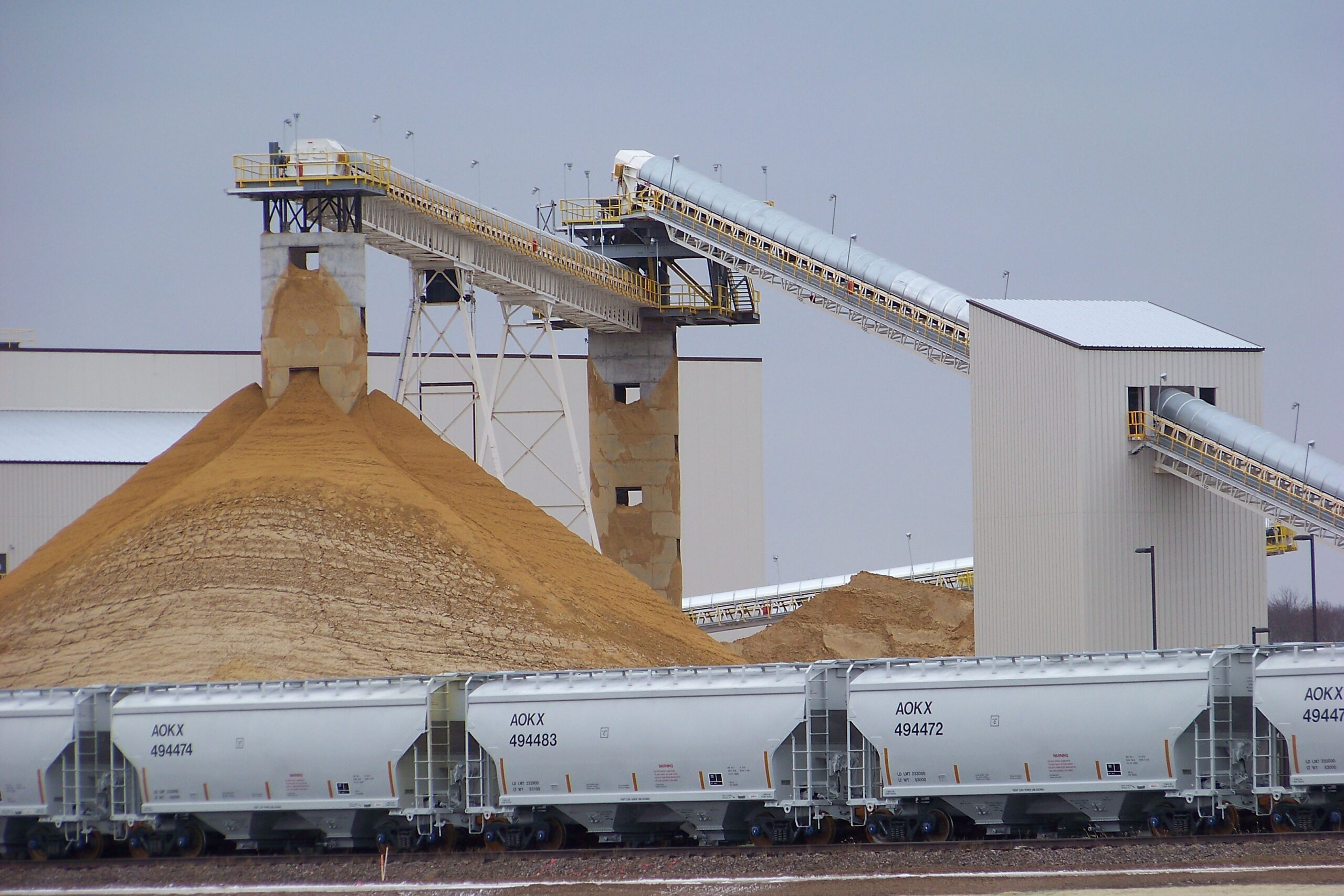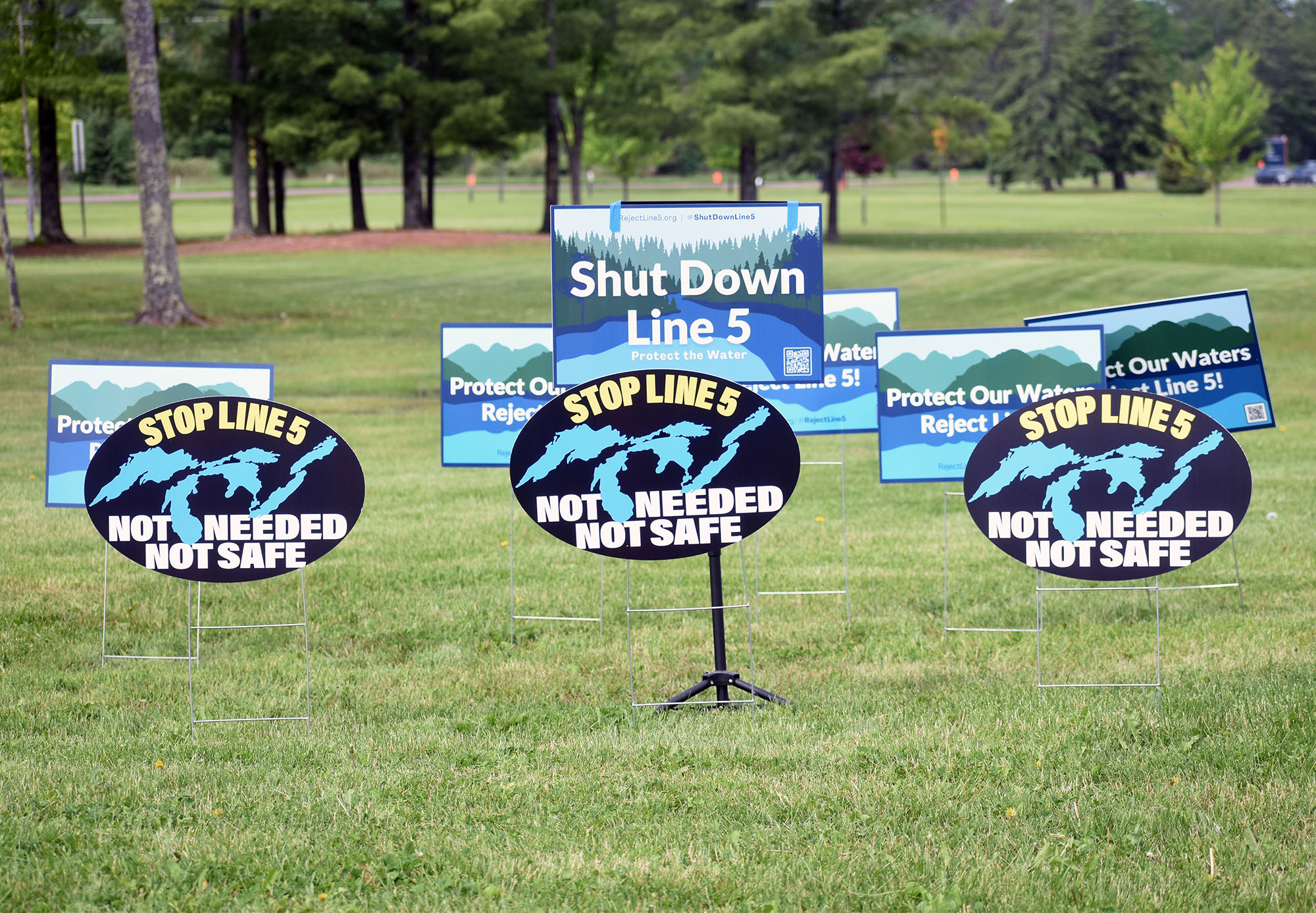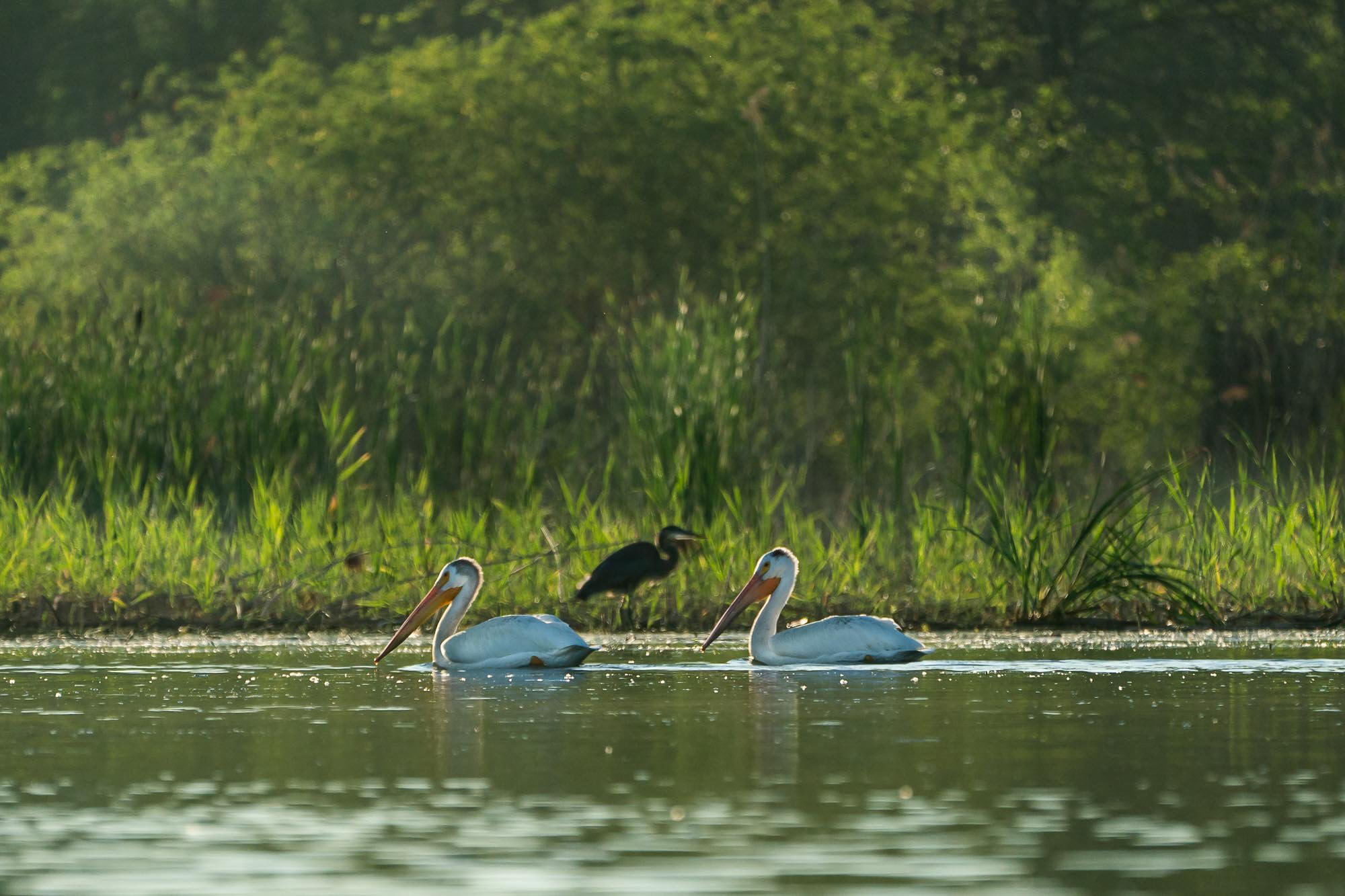A state appeals court panel has upheld a lower court decision that denied a Georgia company’s attempts to reinstate a key permit to fill wetlands as part of plans to build a frac sand operation in Monroe County.
Atlanta-based Meteor Timber has sought approval to build a $75 million frac sand processing and rail loading facility on property that includes a rare forested wetland since 2015. The Wisconsin Department of Natural Resources issued a permit to fill 16 acres of wetlands in 2017 despite objections from agency staff.
Clean Wisconsin, Midwest Environmental Advocates and the Ho-Chunk Nation challenged the permit issued by the DNR under former Republican Gov. Scott Walker’s administration. They hailed the appeals court ruling on Thursday.
Stay informed on the latest news
Sign up for WPR’s email newsletter.
“The department didn’t follow the right procedures and the permit application didn’t meet the standards for issuance, so we’re relieved and excited that the wetlands in question remain protected by this court’s ruling today,” said Evan Feinauer, a staff attorney with Clean Wisconsin, which initially brought the challenge.
The Ho-Chunk Nation said it recognizes the need for extracting resources for fuel. Even so, Ryan Greendeer, the tribe’s legislative public relations officer, noted wetlands serve an important function in the form of flood protection. He highlighted the unseasonably warm weather and damaging wind storm of the past 24 hours as a sign to balance the need for those resources and their effects on the environment.
“We need to reconsider the impacts that we’re making to the environment and to our climate,” said Greendeer. “And, I think this goes at least a little ways to show us that we will stand to protect the environment around us and, really, our communities because the environment protects us.”
Environmental law center Midwest Environmental Advocates, or MEA, hailed the ruling, saying it represented a victory for those who value the state’s natural resources.
“The decision is also a reminder that even the state’s largest industries and most powerful companies are accountable to our environmental laws,” said Rob Lee, an MEA staff attorney in a news release.
Meteor Timber, an Atlanta-based company, sought to have the permit reinstated after an administrative law judge ruled in 2018 that the DNR improperly signed off on the wetlands fill because the agency lacked enough information to determine environmental impacts.
A three-judge panel agreed with those findings in its decision Thursday.
“We conclude that the (administrative law judge’s) determination that the Department did not comply with the requirements is based on findings of fact that are supported by the record and on a correct reading of the applicable statutes,” wrote Judge JoAnne Kloppenburg for the District IV Court of Appeals.
WPR previously obtained records showing DNR employees felt pressured to approve the permit even though they said the agency didn’t have enough information about the company’s plans to mitigate wetlands. Meteor Timber planned to preserve more than 600 acres of wetlands as part of proposed frac sand operation.
An attorney for Meteor Timber said in a statement that it’s reviewing the decision.
“Meteor Timber followed a rigorous permitting process which was ultimately approved by the DNR. The plan would create four acres of wetland for every acre that was displaced. The plan also called for hundreds of acres to be set aside which could be used for recreational and hunting purposes — forever,” wrote John Behling, president of Weld Riley and an attorney for Meteor Timber. “Since the plan was approved by the DNR and unanimously by the local townships, we think the project has merit and appealing the decision is an option we need to study.”
Meteor Timber appealed the administrative law judge’s decision to the Wisconsin DNR. The agency dropped its review of the matter, contending the issue was best left for the courts to decide. The company then took the DNR to court over the permit, and a Monroe County judge denied Meteor Timber’s request to reinstate the permit last year.
Wisconsin Public Radio, © Copyright 2025, Board of Regents of the University of Wisconsin System and Wisconsin Educational Communications Board.




